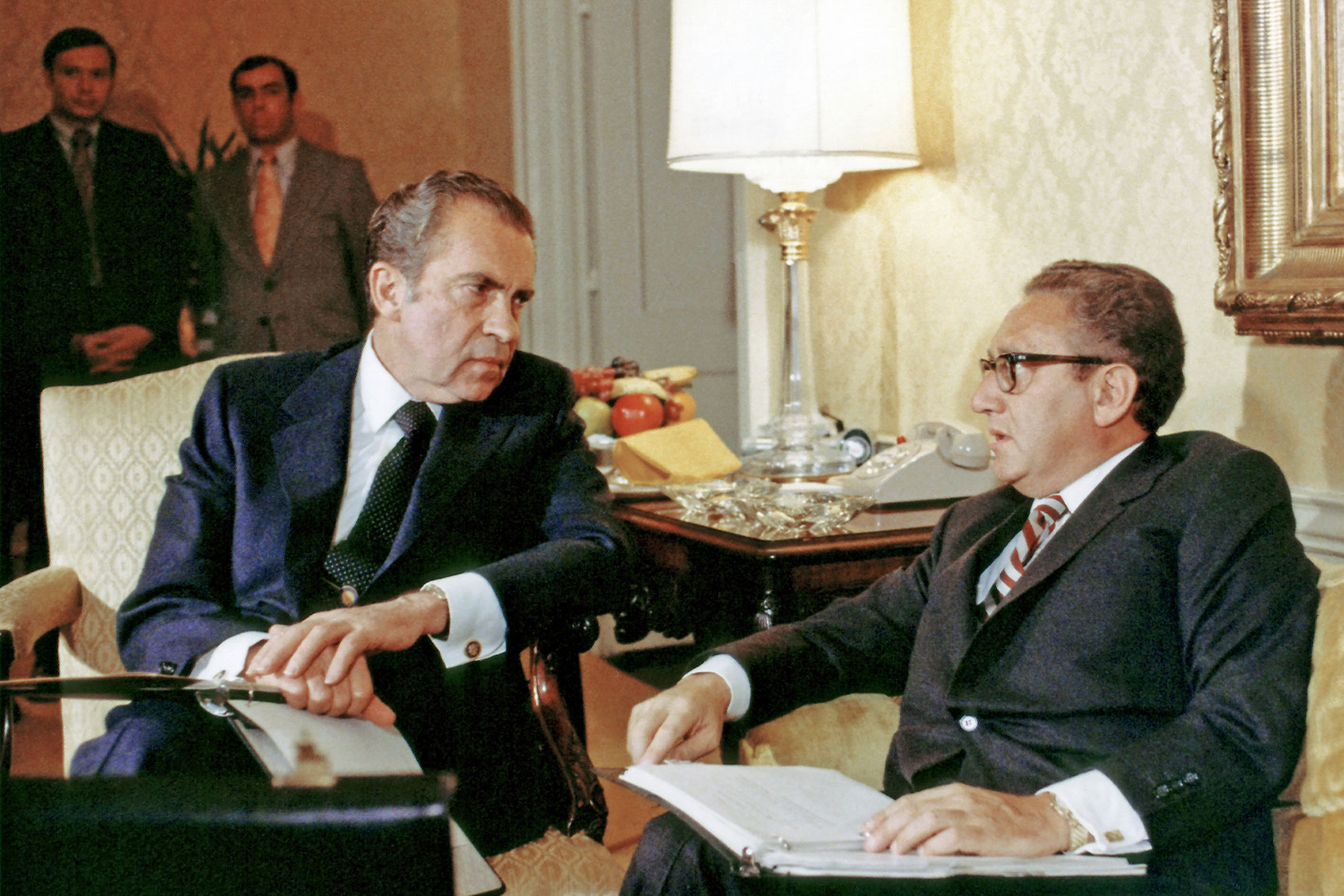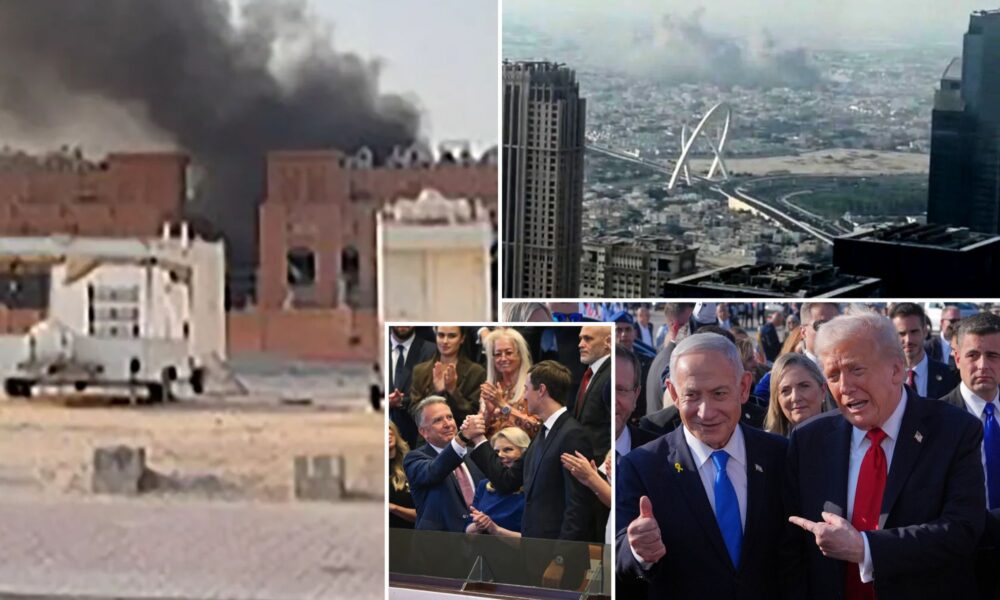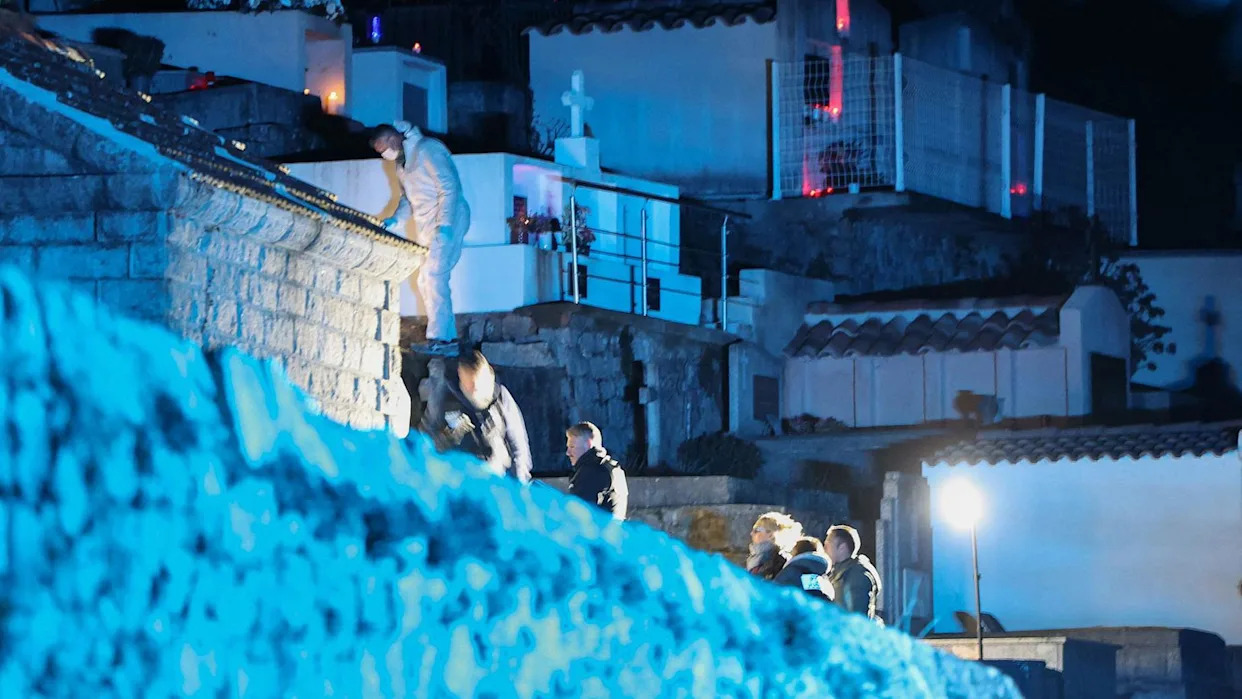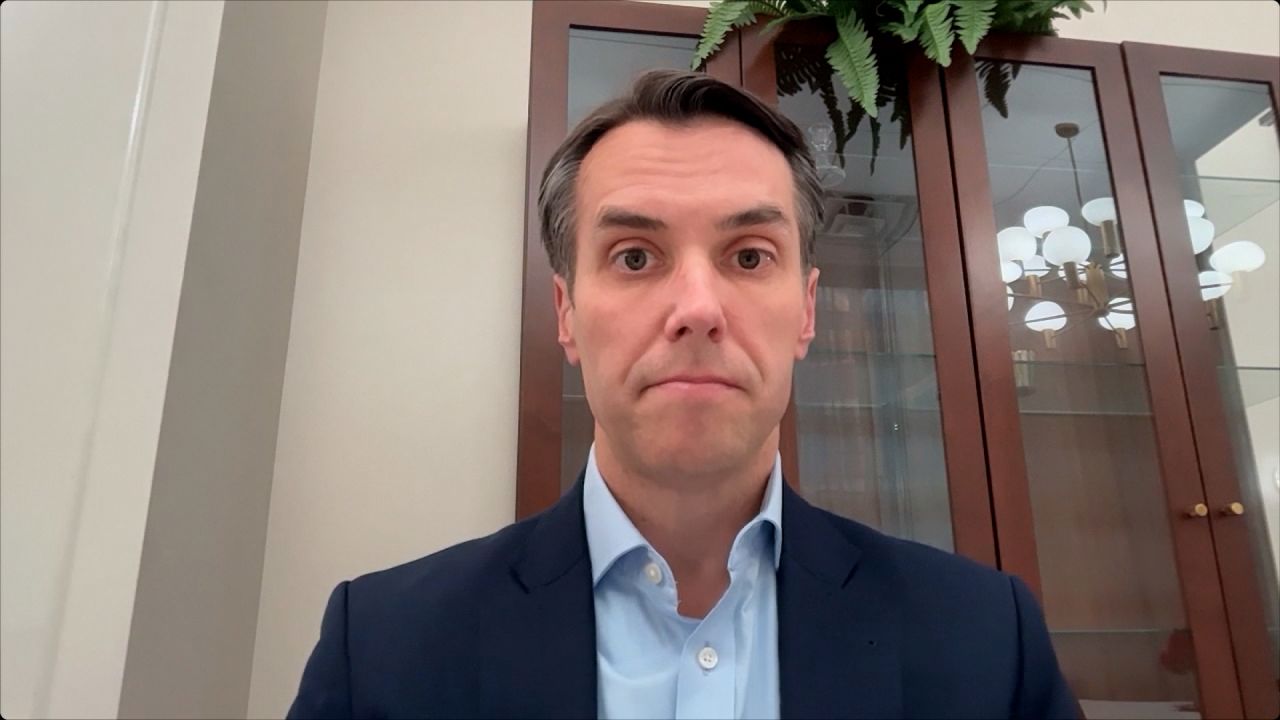A new documentary titled American Experience: Kissinger has reignited discussions surrounding the controversial legacy of former U.S. Secretary of State Henry Kissinger. Premiering on October 27, 2023, the film revisits Kissinger’s role during the Nixon administration, focusing on key events such as the Vietnam War and U.S. relations with China. While the documentary aims to provide an overview of Kissinger’s foreign policy achievements, critics argue it glosses over the more troubling aspects of his legacy.
The film presents a nostalgic take on Kissinger, showcasing moments like the famous “ping-pong diplomacy” and the opening of diplomatic relations with Communist China. However, it largely avoids critical examinations of the consequences of his policies, especially in Vietnam, where his decisions are said to have led to unnecessary suffering and loss of life.
Kissinger’s portrayal in the documentary is reminiscent of how many Americans viewed him during his time in office—sometimes celebrated, often vilified. Supporters assert that he achieved significant diplomatic breakthroughs, while detractors highlight the human cost of these actions, particularly the deaths of over 20,000 American soldiers and countless others in the region.
Missed Opportunities for Deeper Analysis
Critics of the documentary, including scholars from the University of Virginia, argue that it misses an opportunity to delve deeper into the complexities of Kissinger’s strategies. The film references Nixon’s secret White House tapes, which contain insights into the decision-making processes surrounding the Vietnam War. However, it takes over an hour before any substantial excerpts are played, and many viewers may find the commentary lacking in depth.
While the film does feature some dramatic readings from transcripts, these are seen as insufficient to capture the gravity of the discussions that took place. Scholars assert that a more thorough exploration of the tapes could have provided a clearer picture of how Kissinger prioritized political survival over humanitarian concerns.
Kissinger himself is quoted in the documentary stating, “Ending the Vietnam War had been a principal goal of Nixon’s first term,” emphasizing alleged intentions to unify the nation. Contrastingly, the Nixon tapes suggest that Kissinger’s primary focus was on maintaining political power. He encouraged a delay in military withdrawal to avoid political fallout before the 1972 presidential election, a decision that led to further prolongation of the conflict.
Critical Perspectives on Historical Accountability
The documentary also touches on the darker aspects of Kissinger’s policies, including the secret bombing of Cambodia, which resulted in significant civilian casualties and served as a precursor to the Cambodian genocide. While the film showcases personal testimonies of those affected by these policies, critics argue that it fails to adequately link these events to Kissinger’s approach to foreign policy, which often centered on the idea of realpolitik.
Moreover, the documentary heavily features Niall Ferguson, Kissinger’s authorized biographer, who provides commentary throughout. Critics note that viewers are not informed of Ferguson’s close ties to Kissinger, which raises questions about the objectivity of the perspectives presented.
The film’s animation sequences, depicting the antiwar movement and foreign policy as a chess game, have also drawn criticism for trivializing serious issues. This artistic choice may undermine the documentary’s attempts to convey the real-life implications of Kissinger’s decisions.
Ultimately, American Experience: Kissinger serves as both a tribute and a contentious examination of Kissinger’s legacy. While it offers a glimpse into the significant moments of his career, the film’s superficiality prevents a thorough understanding of the broader consequences of his policies. As the debate continues, audiences are left to grapple with the complexities of Kissinger’s role in shaping U.S. foreign policy during one of the most tumultuous periods in American history.







